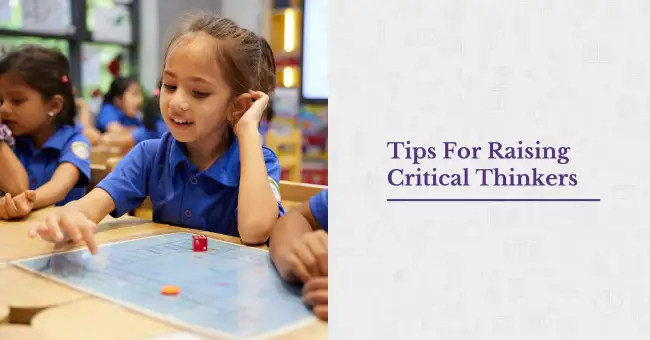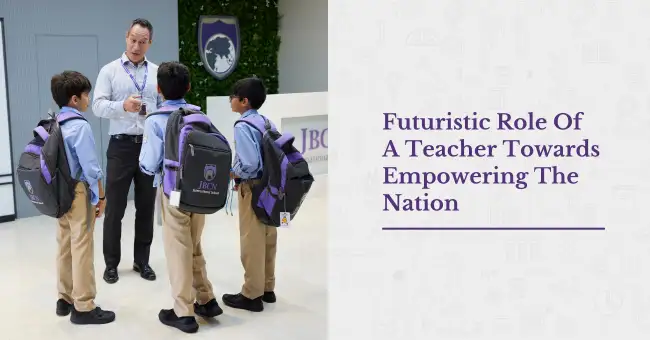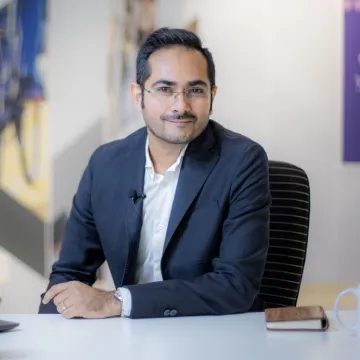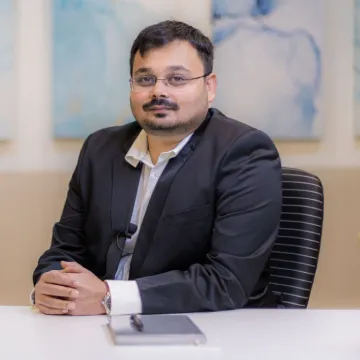
Unfortunately, this intense focus on achievements and academic intelligence often comes at the expense of emotional intelligence. This has unintentionally lead to many children today being unequipped to deal with the inevitable failures and challenges that come along in life. We need to teach our children that intelligence is malleable and can be developed through education and hard work. As parents, we need to appreciate the importance of raising children who are resilient and give them the skills to cope with any kind of challenges and at the same time thrive as adults. In this article we talk about How To Teach A Growth Mindset For Kids.
GROWTH vs FIXED Mindset
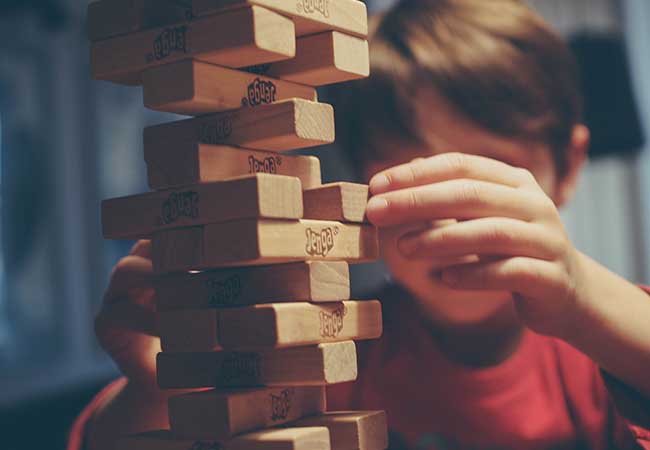
We can teach our children to bounce back from any kind of challenge, not to be scared to try out new things, be comfortable with making mistakes and to learn from them and GROW. We can teach our children to be optimistic, strong and always have hope. One of the most effective ways of doing this is helping them to cultivate a GROWTH mindset.
A GROWTH mindset can be best developed when you start focusing on yourchild’s strengths rather than her weaknesses.
This does not mean ignoring her weaknesses, it simply means teaching her to play to her strengths while at the same time working on her weaknesses. Showing your child her strengths and enabling her to use them, especially during difficult times is one of the most powerful lessons that you can teach your child.
On the contrary, having a FIXED mindset is where one believes that qualities like intelligence and abilities are personal characteristics that neither change nor develop.
As a result, those children (and adults) with a FIXED mindset may avoid challenges that will test their abilities and in the process never learn how to fix their mistakes and make better decisions in the future. This is an essential tip for developing a Growth Mindset For Kids.
Research shows that a when we have a strength focused approach to parenting, our children can:
- Have higher levels of life satisfaction
- Have a higher level of positive emotions like joy, hope and gratitude
- Have Clarity about their own strengths
- Use their strengths to help with school work, friendships, daily stress and various changes in their lives
- Transform their relationship to stress and cope better with their stress levels
In fact, the more a particular strength is being used, the better we become at it. (I have shared some of the resources for learning more about strengths at theend of this article)
One of the ways of helping your child get to know more about themselves and their strengths is by writing down the answers to the following questions (please modify this tool depending on the age of your child)-
- Ask her to think of a time when she was able to overcome a particular challenge/solve a problem or were simply at their best
- What were the strengths (bravery, perseverance, self control, teamwork, humor, creativity, love) that she used in that situation?
- Help her to notice and also reflect on these strengths so that she can use them in similar situations in the future
The Power Of “YET”

Some of the other ways that we can raise children who are more resilient are-
- Letting our children make mistakes We need to be comfortable in allowing our children to make mistakes. This helps them to develop coping skills and also to learn from their mistakes which is beneficial in the long run. Accepting our mistakes and growing from them teaches us valuable lessons like problem solving and perseverance.
- The power of “YET”we can help our children move from “fixed” mindset phrases like “I am not good at this subject”, “This is too hard”, to “growth” mindset phrases. These phrases would then change to “I am not good at this...YET”, “Yes, this is hard and will require more effort and a change in strategy”
- Praising the process and not the child It is very important to praise the way our children approach any kind of challenges and not how smart they are or how well they did. For instance, you might praise your child for the way she solved a math problem or how she organised her homework to get it all done.
This is called process praise.It’s the most helpful type of praise for promoting a growth mindset since it puts the emphasis on the steps your child took to get to the end result.
- Teaching our children to regulate their emotionsemotional regulation is a key factor in building resilience in children. We need to help them understand that all emotions are normal even “negative” ones like anger, frustration and jealousy.They need to first identify the emotion and then learn to cope with these feelings instead of acting out in an unacceptable manner.
Life can and will be challenging, confusing and difficult at times. We need to equip our children with the skillset required to handle all that comes their way rather than focusing on shielding them from life.
By being a strong role model, we can support our children to have a firm belief in themselves and lead a life to their fullest potential.
Resources:
http://www.the-strengths-exchange.com.au/uploads/3/1/2/9/31290637/viaingo_
b_w.pdf
https://biglifejournal.com/
“The Strength Switch: How The New Science of Strength-Based Parenting Can Help Your Child and Your Teen to Flourish by Lea Waters-https://amzn.to/2Plaf3Q
“Mindset: Changing The Way You think To Fulfil Your Potential” by Carol Dweck- https://amzn.to/2RjAtB3
Written By - Ms. Anindita Guha Maulik Rungta
Functional Medicine Certified Health Coach
Parent - JBCN International School, Parel.




